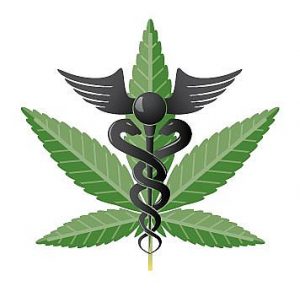 By: Matt Fischer
By: Matt Fischer
Federal law enforcement has traditionally prosecuted individuals utilizing healthcare fraud and abuse laws such as the Federal Anti-Kickback Statute, the False Claims Act, the Physician Self-Referral Law also known as the Stark Law as well as other administrative tools including exclusions and civil monetary penalties. In addition to these laws, federal law enforcement also has at their disposal other fraudulent act statutes such as mail and wire fraud. The facts of a case, however, may not provide for federal standing. For example, when individuals take out federal government payors out of the picture or from an arrangement as a way of avoiding federal jurisdiction. The new solution to this issue…a law enacted in 1961, the Travel Act.Continue reading


 By:
By: 
 By:
By: 
 By:
By:  By:
By: 
 By:
By:  By:
By: 
 By:
By:  By:
By: